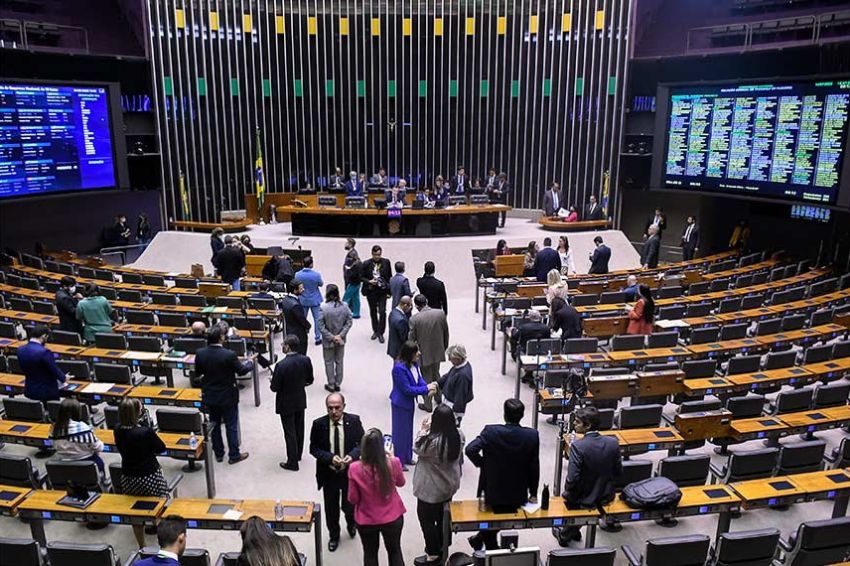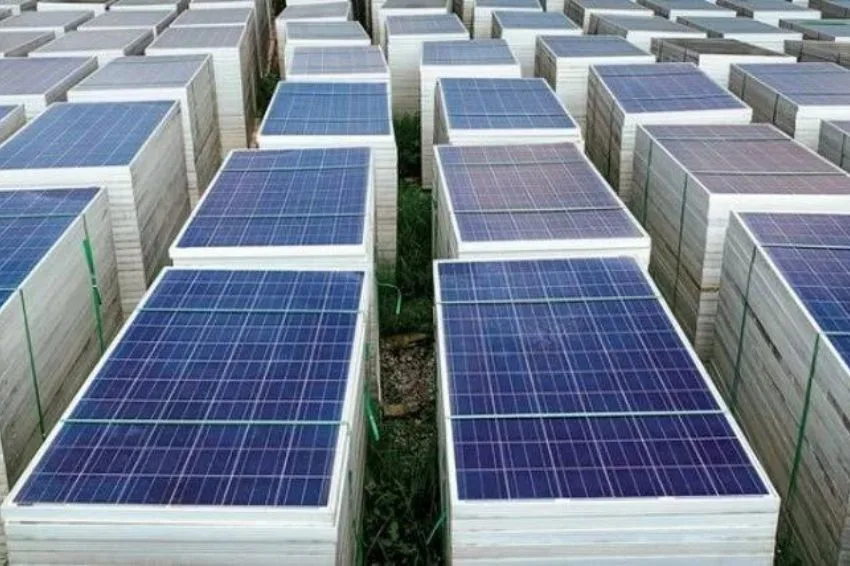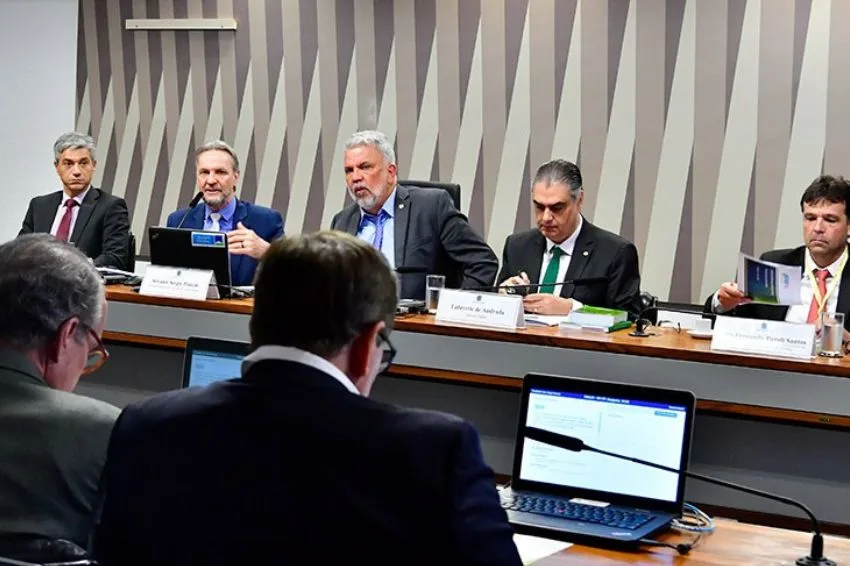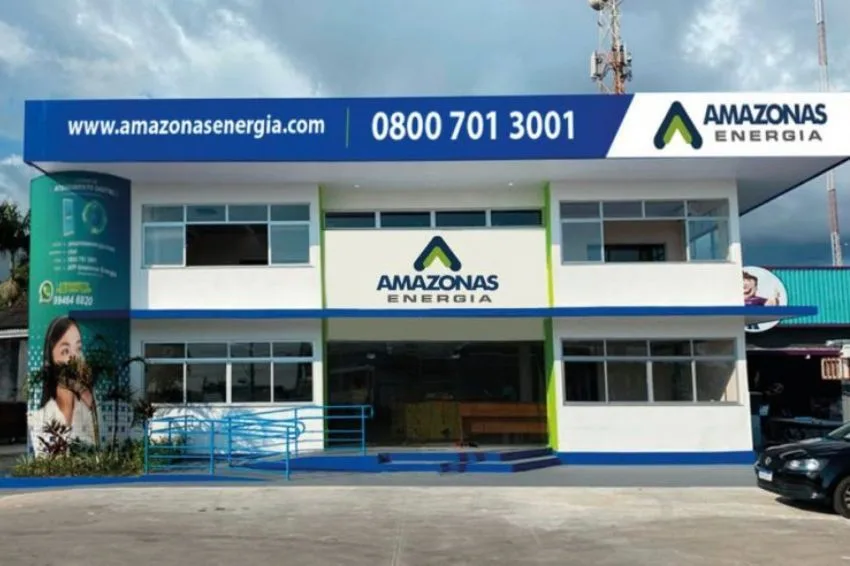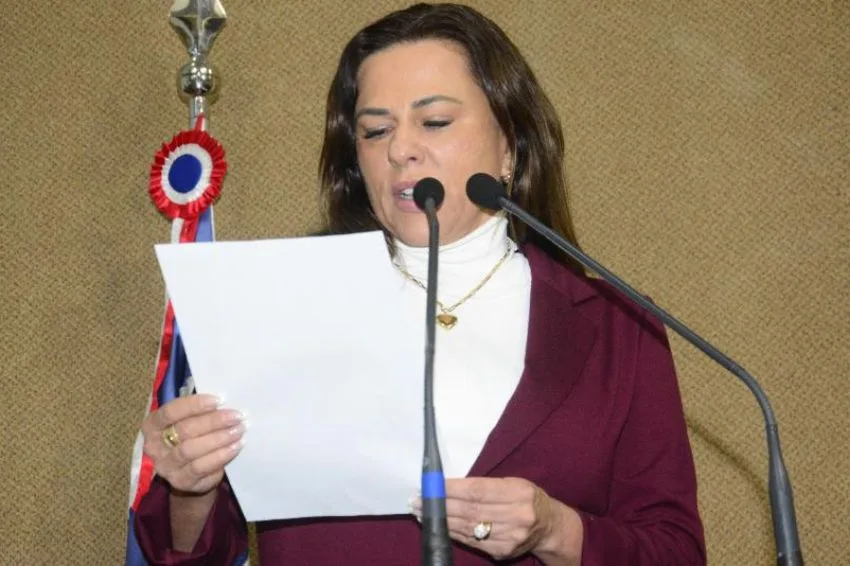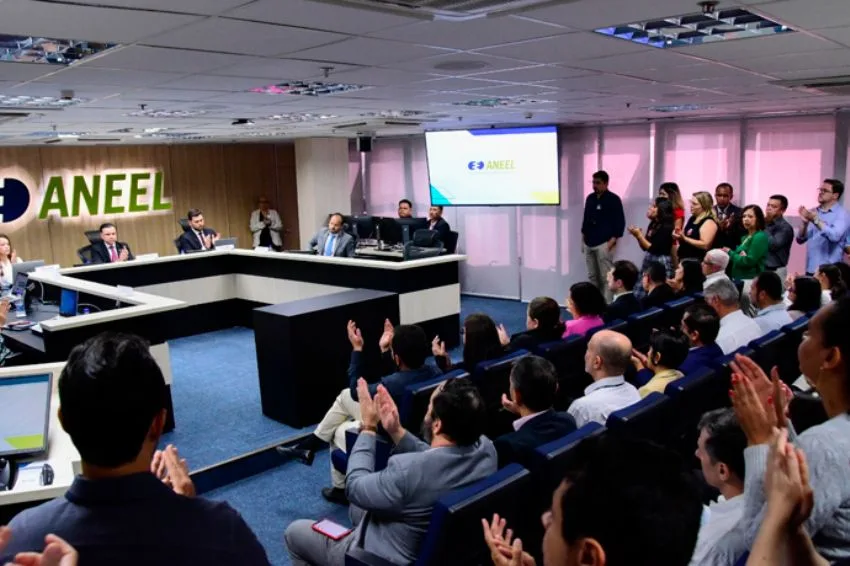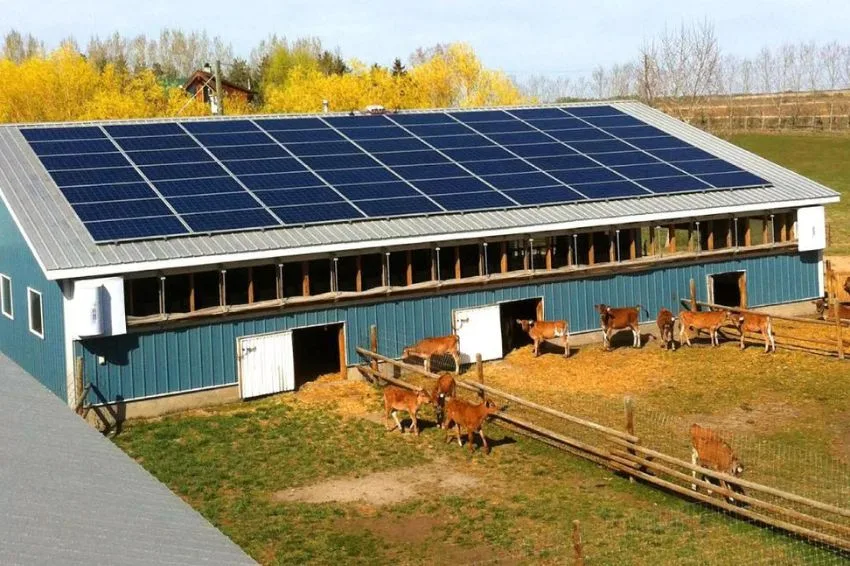With the collaboration of Ericka Araújo
O National Congress overturned, late this Thursday afternoon (14), the two vetoes made by President Jair Bolsonaro (PL) in the process of sanctioning the Law 14,300.
The collapse occurred after a agreement between party leaders. The decision was taken in a single session between the Chamber of Deputies and the federal Senate seven months after the publication of the GD Legal Framework.
The document approved by the chief executive, in January this year, did not authorize the articles that provided for the inclusion of floating plants (Art. 11 § 3) in the distributed generation segment and projects with benefits REIDI (Article 28).
When taking the vote, the government leader in Congress, Senator Eduardo Gomes (PL-TO), cited the leaders' agreement to overturn the two devices vetoed by President Jair Bolsonaro. According to him, the Executive should issue a provisional measure on the topic.
“[The two devices] will be overturned, but I want to make it public that in the conversation I had with party leaders who defend the overturning of this veto, even due to the impossibility of this veto having a clear consequence, the ministry itself expressed a commitment to issuing a provisional measure, making a correction that does not allow for the possibility of either an increase in energy or a lack of conditions of execution or the market issue or, mainly, what is important, which is the vision through the consumer. There is this public observation due to the need for a clearer provisional measure on the topic”, stated Gomes.
What changes in practice?
According to Luiz Piauhylino Filho, director of Sunlution and pioneering professional in the installation of floating power plant projects in Brazil, the lifting of the veto on the application is excellent news for the sector.
“Previously, a floating solar plant could only have 5 MW per municipality and reservoir. Now, with the veto overturned, more than one distributed generation plant (floating solar) with up to 5 MWp can be built in the same reservoir/municipality. It will no longer be necessary to distribute projects across each municipality to be limited to 5 MW.”
Regarding the REIDI benefit, Einar Tribuci, lawyer specialized in the electric energy sector and tax law, founding partner of Tribuci Advogados and legal and tax director of ABGD (Brazilian Association of Distributed Generation) highlights three important points.
“After 5 months of the publication of Law 14,300/2022, the National Congress overturned presidential veto to the sole paragraph of art. 28, which now makes it clear that distributed minigeneration projects will also be considered electricity generation infrastructure, for purposes of qualifying for the REIDI benefit, which exempts PIS and COFINS related to investments in the implementation of energy assets; investments through Investment Fund in Infrastructure Participations (FIP-IE); It is encouraged debentures, real estate receivables certificates (CRI) and investment fund issuance shares in credit rights (FIDC)”, he listed.
“There was an understanding from ANEEL and the MME that distributed generation would not be eligible for the REIDI benefit, but which is now evident through the sole paragraph of Law 14,300/2022. However, the REIDI benefit requires a procedure that takes a certain amount of time to be granted, and which may conflict with the plant implementation schedule who intend to take advantage of the current energy credit compensation rule (100%)”, explains Tribuci.
“Regarding the qualification of distributed minigeneration as energy generation assets to access the capital market, effectiveness is automatic. There was already a lot of appetite for this type of asset, but it must now be boosted at a time when traditional financing has interest rates that often make investment unfeasible”, concludes the lawyer.


